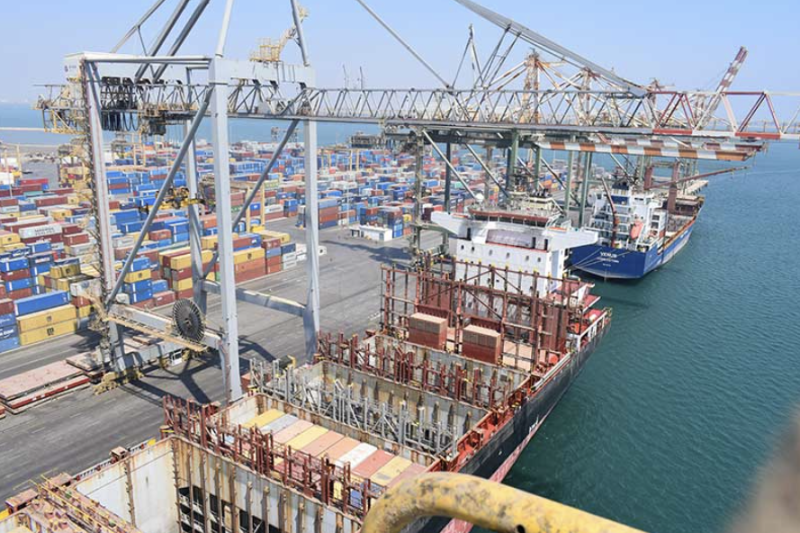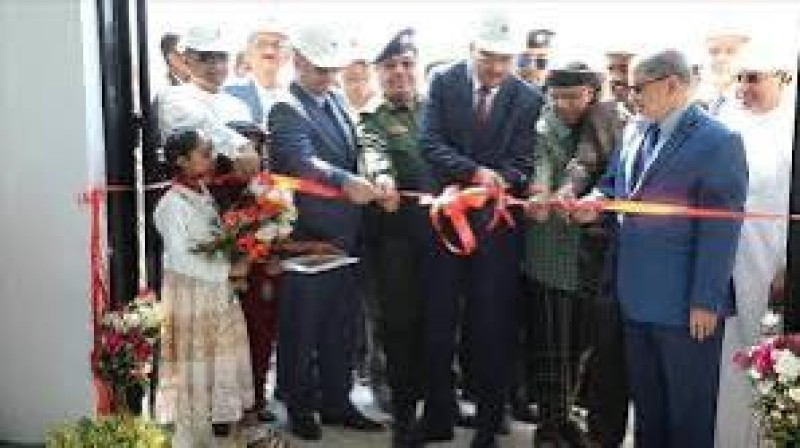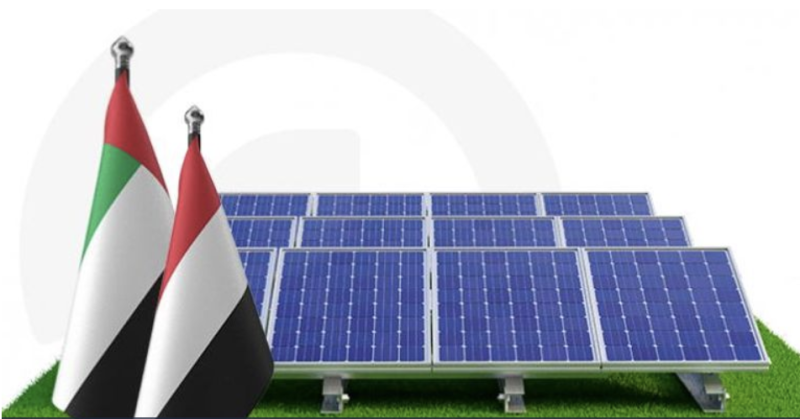UNICEF Ma'rib Humanitarian Action Update - September 2022


Key Achievements WASH
192,465 people accessed safe water for drinking, cooking and personal hygiene.
401,022 people reached with critical water, sanitation and hygiene supplies and services and with messages on appropriate hygiene practices.
Health
509,806 children under 10 vaccinated against polio.
184,676 children vaccinated against measles.
152,466 children and women accessed primary health care in UNICEF-supported facilities.
Nutrition
7,974 children under five with Severe and Moderate Acute Malnutrition received curative services.
Child Protection
74,336 vulnerable children reached with mental health and psychosocial support services (MHPSS).
Education
14,079 children accessed formal/non-formal education activities.
Rapid Response Mechanism (RRM)
97,573 vulnerable displaced people received RRM Kits containing food, family basic hygiene kits and female dignity kits.
Social and Behaviour Change (SBC)
594,587 people participated in engagement actions for social and behavioural change including COVID-19 RCCE and C19 vaccination campaigns.
Situation Update
Between 1 January and 1 October 2022, a total of 14,100 people [2,350 households (HHs)] were displaced within or to the Ma’rib governorate. Cumulatively, 92,550 people (15,425 HHs) have been displaced since 1 January 2021 within or to the Ma’rib governorate, predominantly due to the ongoing conflict. Of these, 77,544 people (12,924 HHs or 84 per cent of the total displacement) were displaced within the Ma’rib governorate, mainly from Al Jubah, Harib and Sirwah districts.
After the truce was declared on 2 April 2022, displacement significantly dropped within/towards Ma’rib. In September 2022, IOM’s Displacement Tracking Matrix (DTM) recorded only 1,170 people (195 HHs) displaced within/towards Ma’rib. Between April and the end of September 2022, the average monthly displacement was 1,332 people (222 HHs). Between 1 January and the end of September 2022, a total of 1,077 returnee HHs (6,462 individuals) were recorded in the governorate1, out of which 3,612 people (602 HHs) have returned to Harib district as a result of improved security conditions in their location of origin.
In response to the ongoing displacement within and to Ma’rib governorate since September 2021, UNICEF continues to provide a multi-sectoral humanitarian response in the governorate through flexible and rapid approaches focused on providing access to uninterrupted lifesaving and essential services that meet the needs of vulnerable children and their families.
UNICEF, in coordination with partners, continues to provide critical health, nutrition, water sanitation and hygiene (WASH), education (through formal and non-formal learning opportunities) and psychological and physical well-being services to internally displaced people (IDP) and host community children and their families. UNICEF complements all interventions with social and behaviour change activities.

Aden — Ports under the authority of Yemen’s internationally recognized government have received more than two million metric tons of fu…

Mukalla — Local authorities in Hadramout have announced the inauguration of Yemen’s first solar-powered cement station, a landmark proj…

AbuDhabi -- The United Arab Emirates has pledged $1 billion to bolster Yemen’s electricity sector, marking one of the largest development com…